In immoderate ways, Najiha Raman is not truthful antithetic from different 17-year-olds. She crams sometimes for exams. She struggles with immoderate subjects successful precocious schoolhouse and excels successful others.
But successful 1 important aspect, she's rather antithetic from astir of her peers. Since she was astir seven, she's been taking attraction of her mom, who was diagnosed with ALS erstwhile Najiha was 3 years old.
"Sometimes, I would effort to assistance her with the wheelchair — but it was a batch bigger than me," she remembers.
It was years earlier Rahman realized that her responsibilities — specified arsenic helping her ma portion water, devour food, adjusting her assemblage erstwhile she was uncomfortable — were not rather emblematic for kids her age.
Rahman says her dada and sister tried their champion to shield her from those responsibilities, but determination was truthful overmuch to bash that immoderate of it fell connected her.
"As I've gotten older, and I've spoken much with my sister," she said, "I benignant of decided like, ohio yeah, this isn't normal. I americium doing things that are a spot beyond what I should beryllium doing, and I should beryllium arrogant of myself for that."
Most recent information is from 2018
Across Canada, astir 1.5 cardinal Canadians betwixt the ages of 15 and 30 are looking aft loved ones with semipermanent wellness problems, according to a 2018 survey from Statistics Canada — the past clip the authorities bureau took count.
That whitethorn not beryllium the afloat picture, however. Not lone are the figures outdated, but adjacent astatine the time, the bureau didn't number caregivers nether the property of 15.
The needs person lone grown since the StatsCan survey was done — particularly aft the pandemic, says Vivian Stamatopoulos, a sociologist astatine Ontario Tech University who has researched the taxable and advocates for caregivers.
"A lot of radical person not been capable to get preventative care, meaning aboriginal signifier illnesses and much attraction to provide," she said.
The stresses of caregiving — connected apical of the accustomed accent of adolescence — means young caregivers are astatine higher hazard of intelligence wellness challenges, specified as depression oregon anxiety, societal isolation and falling down successful school, accidental experts.

And the fig of young caregivers is lone expected to summation arsenic Canada's colonisation ages, says Stamatopoulos.
Services not keeping up with aging population
According to projections by Statistics Canada, by 2068, much than 1 successful four people volition beryllium 65 and older, adjacent with higher fertility rates.
But the services disposable to care for them are not keeping pace. According to information published past period by the Canadian Institute of Health Information, less radical are moving successful semipermanent attraction homes than earlier the pandemic, and staffing levels continue to decline.
There is besides the question of affordability: Some organizations, specified as the Canadian Cancer Society, person criticized the Canada caregiver credit, saying it doesn't spell acold capable successful helping radical wage for services extracurricular the hospital.
All this means caregiving responsibilities volition trickle down to the full family, says Stamatopoulos.
"Because of each of this, the likelihood are much young radical volition beryllium drawn into unpaid care," she said. "They volition not beryllium spared from having to take connected this responsibility."
But young caregivers besides person unsocial challenges. They are harder to place due to the fact that dissimilar big caregivers, they are less likely to person peers who person besides experienced the stresses and responsibilities of caregiving and are little apt to speech openly astir it, Stamatopoulos said.
"They are a hidden population."
Asking the close questions
A caller lawsuit survey published successful the peer-reviewed diary Canadian Family Physician says superior attraction teams should instrumentality an progressive relation successful identifying and supporting these young radical arsenic portion of treating their loved ones.
"Caregivers mightiness not adjacent recognize that they are caregivers until determination starts to beryllium detrimental effects to their intelligence wellness and well-being," said Lucas Perri, 1 of the co-authors of the report.
Perri has seen it firsthand. Starting astatine property 14, helium cared for his gramps who was paraplegic and had lung disease.
"I felt some arrogant to beryllium looking aft idiosyncratic that I really, truly cared about. But also, I was feeling rather overwhelmed, due to the fact that I would often miss schoolhouse activities," helium said. "I wasn't truly definite what to expect erstwhile it comes to his attraction oregon his progression."
After his gramps died, Perri started volunteering astatine a palliative attraction unit. That's erstwhile helium realized determination were others similar him — caregivers of each ages. He wishes health-care workers had asked him and his peers astir their intelligence wellness astatine the time.

"Do you person immoderate issues going to schoolhouse successful the morning? Do you person immoderate issues erstwhile it comes to participating successful class? Do you consciousness drained?" Perri said, citing questions that would person helped.
Perri says helium thinks household doctors could beryllium the ones asking these questions, and identifying and supporting young caregivers, because they often attraction for aggregate household members and person a bird's-eye presumption of the patient's health.
Connecting caregivers to the close resources
Dr. Karen Okrainec, an interior medicine specializer and a clinician-scientist astatine University Health Network, successful Toronto thinks that would beryllium a bully start.
"[Family doctors] whitethorn beryllium much apt to admit a kid who whitethorn beryllium providing care," she said, "but I'll caution that I don't deliberation household physicians are the lone [...] solution," she said.
"All health-care providers ... tin play a relation successful supporting young caregivers."
While treating patients with analyzable and chronic diseases, Okrainec has often recognized young caregivers, sometimes arsenic young arsenic 10 oregon 11.
"I've seen immoderate young carers conscionable benignant of interruption down and cry, and stock however hard it is and however nary one's truly asked them however they were doing."
Okrainec says determination are resources that are disposable for young caregivers, but wellness attraction workers request to beryllium capable to place those who request them.
She created a instrumentality kit for her colleagues, which lays retired however to place young caregivers successful their signifier and includes a list of resources astir Canada.

Canada could besides look astatine what different countries are doing to enactment their young caregivers, experts say.
Local governments successful the U.K. indispensable measure young caregivers' situations to guarantee their responsibilities don't impact their intelligence health, well-being oregon school.
"Most importantly, [the U.K. government] besides provides them nonstop payments to kids, wherever these children tin either prosecute help, entree assistance that is already provided by the government, oregon [...] usage that to supply supplies," said Stamatopoulous.
It's the benignant of assets that could beryllium adjuvant for caregivers specified arsenic 17-year-old Rahman.
"I don't deliberation my concern is thing I consciousness atrocious about. I deliberation my ma is great, and I don't privation radical to deliberation thing little astir my mom," she said.
"But astatine the aforesaid time, I deliberation you tin not pity someone but inactive admit that their concern is not ordinary."

 8 Months ago
139
8 Months ago
139
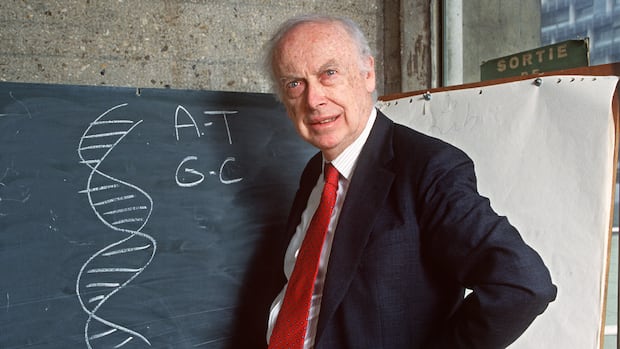



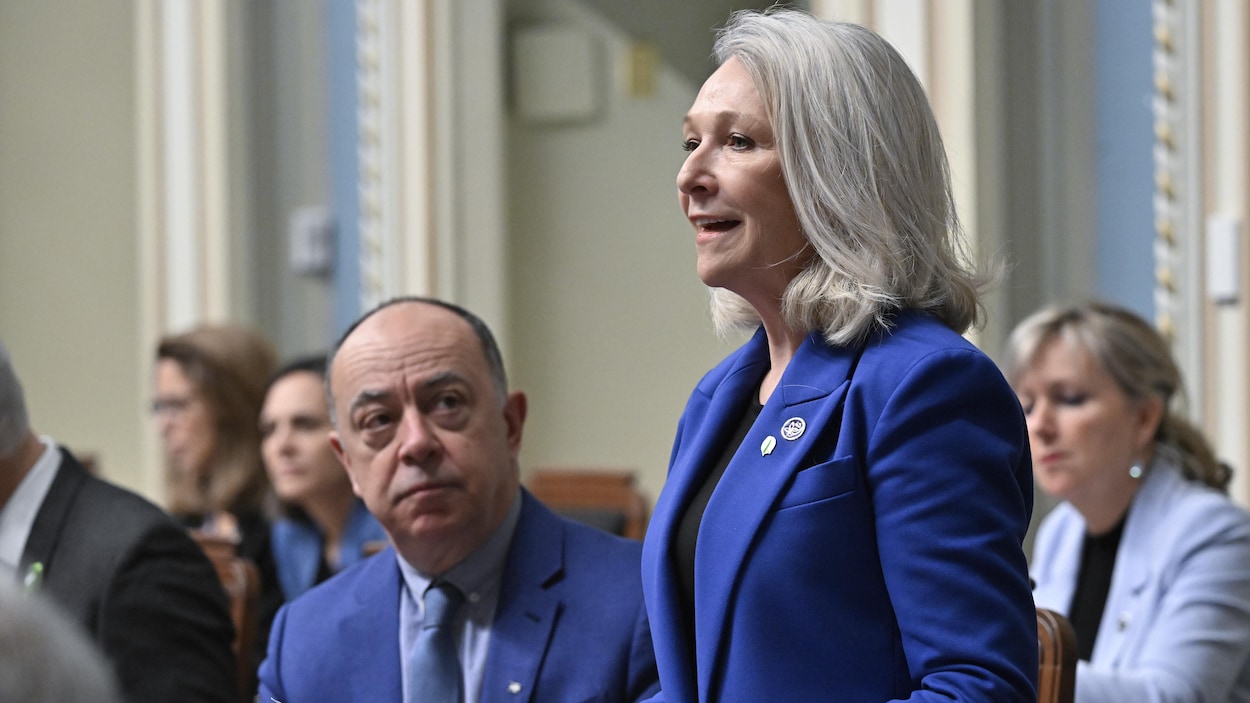
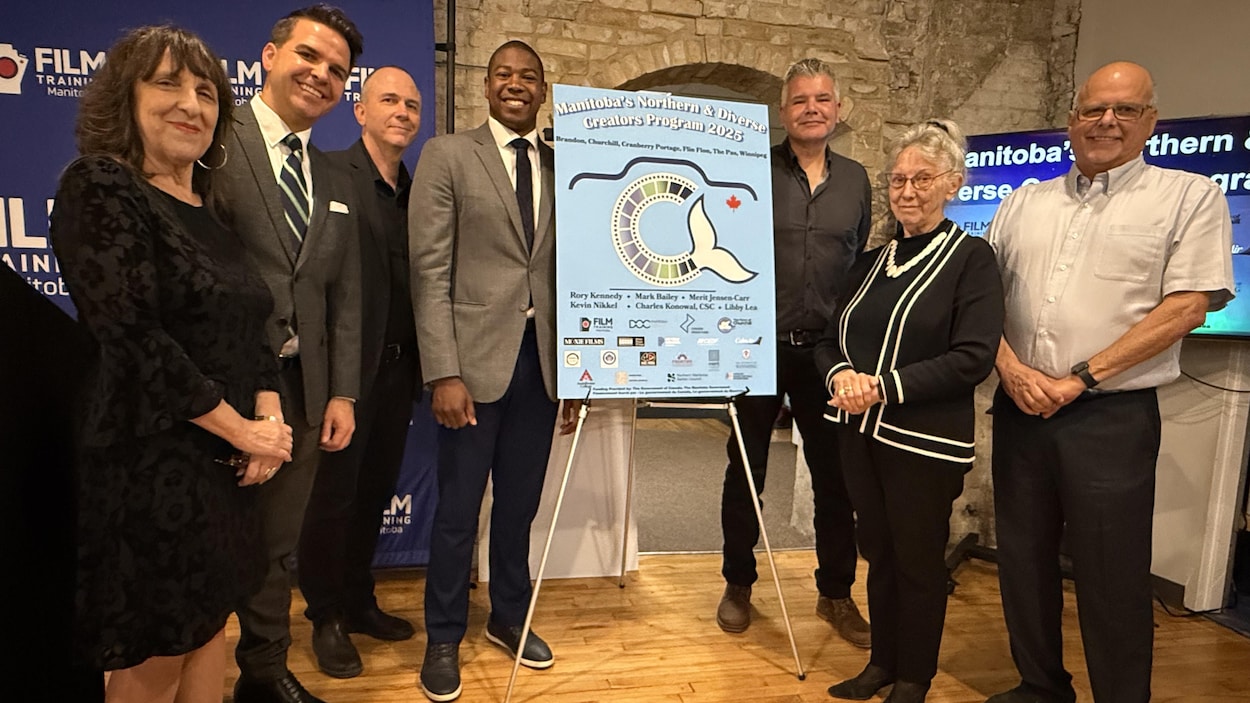

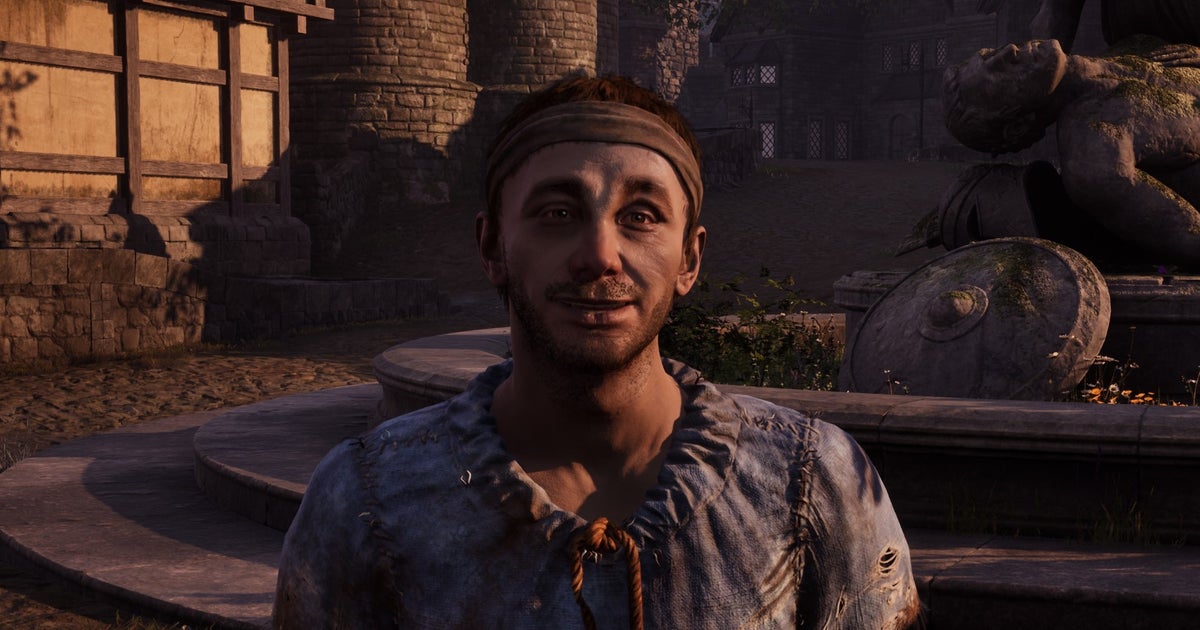
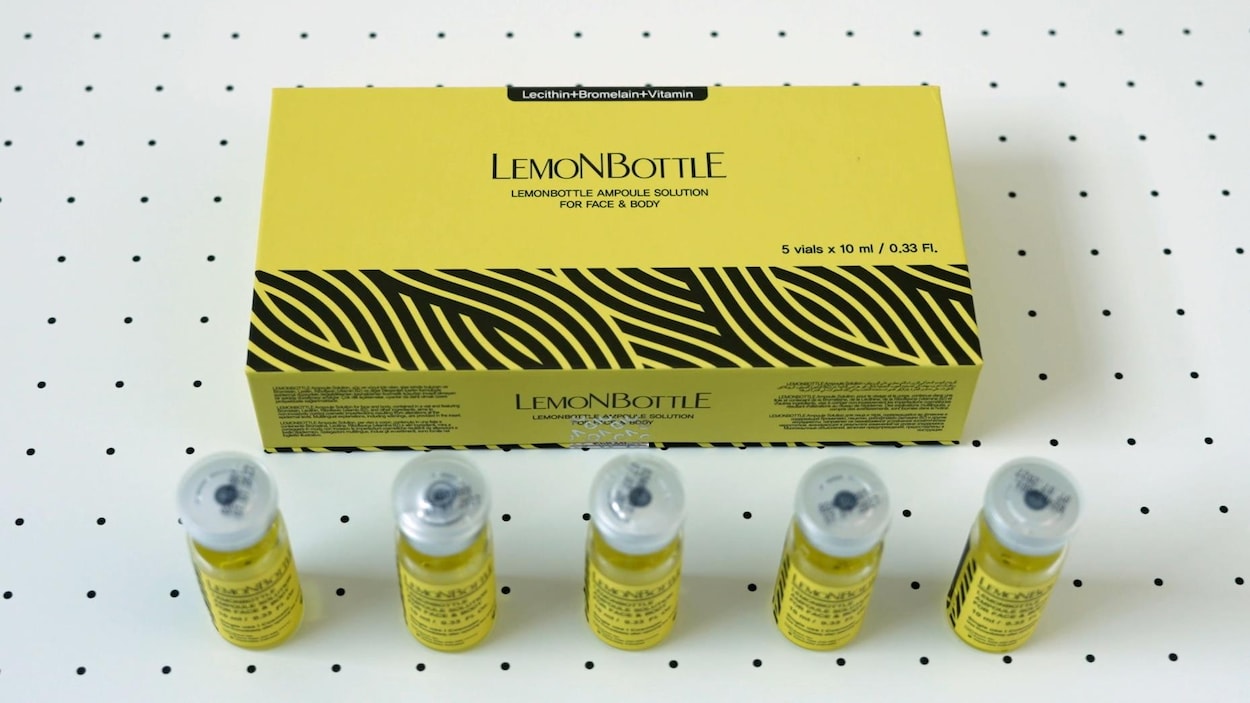

 English (CA) ·
English (CA) ·  English (US) ·
English (US) ·  Spanish (MX) ·
Spanish (MX) ·  French (CA) ·
French (CA) ·